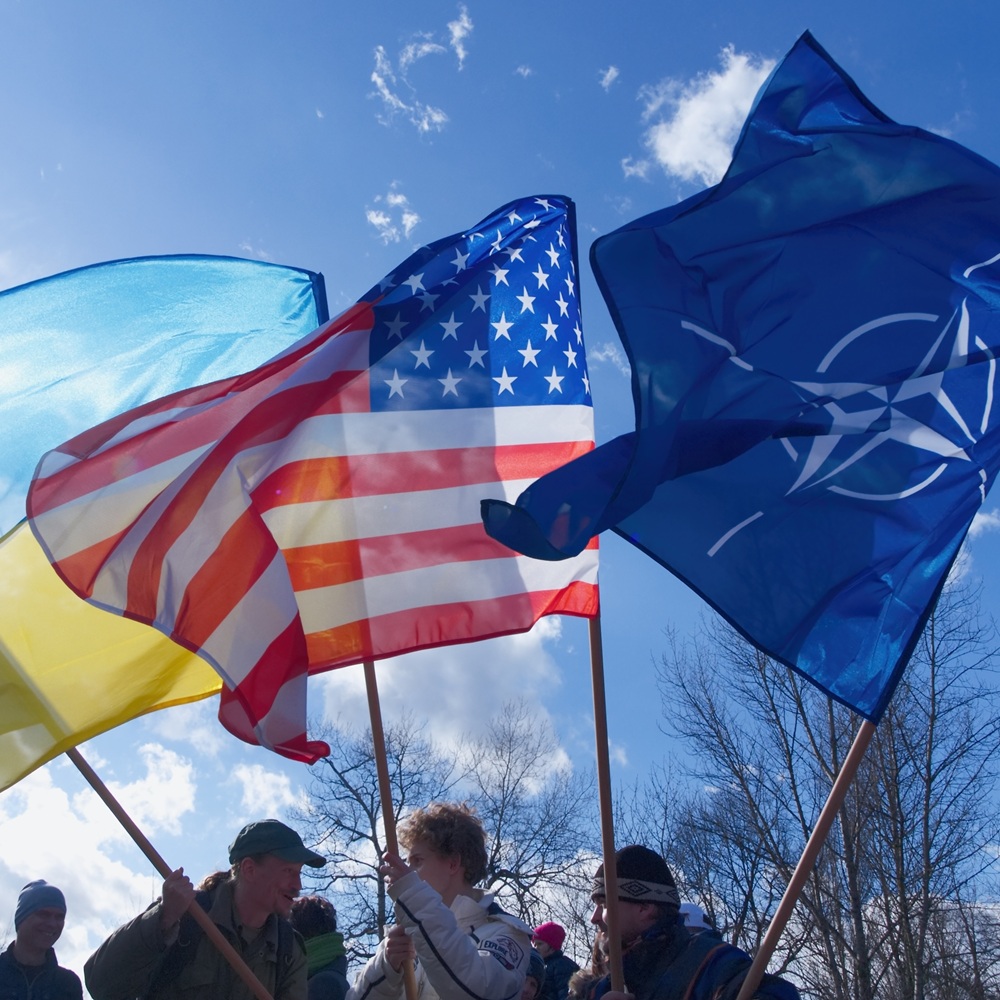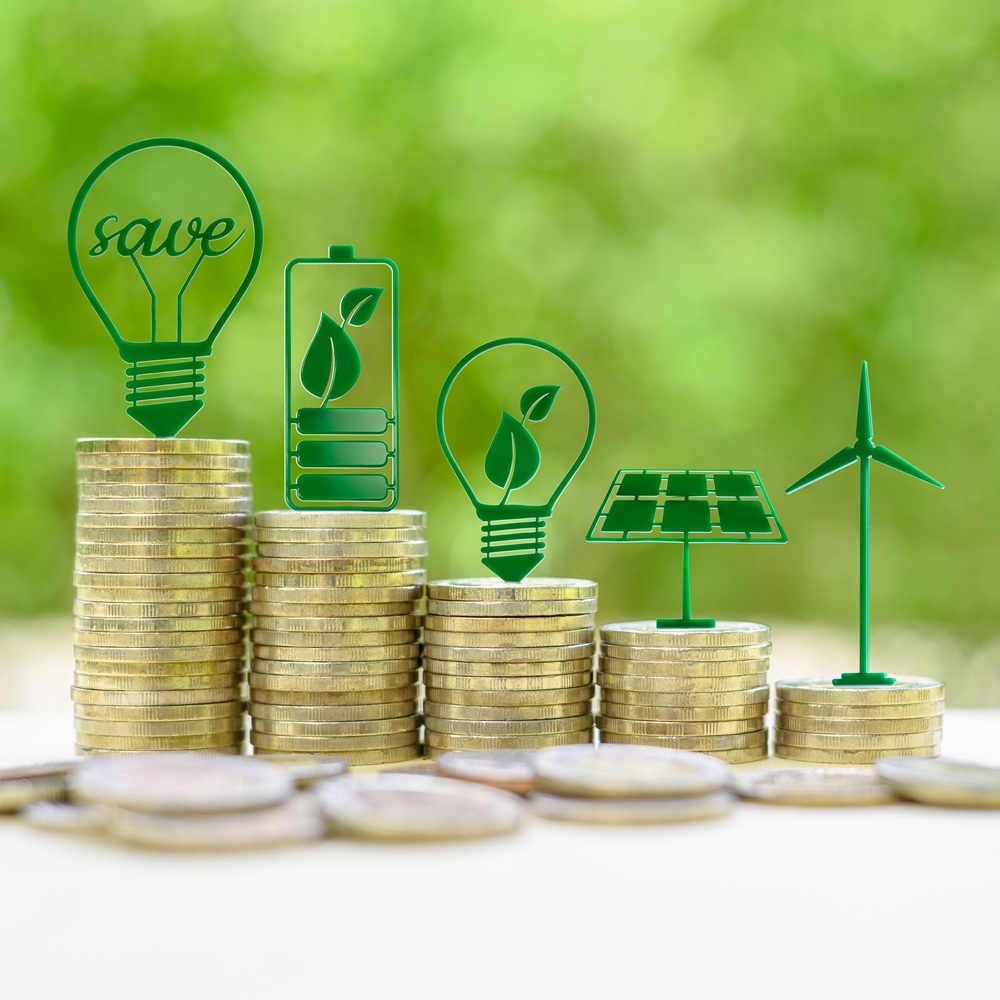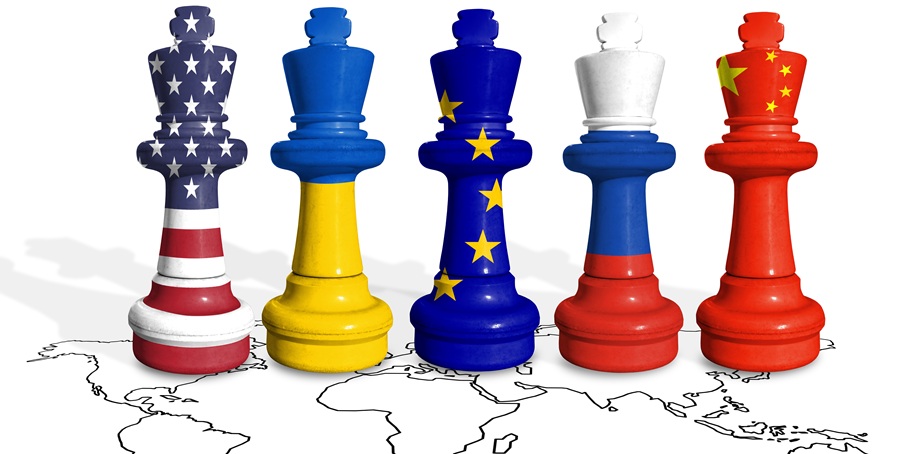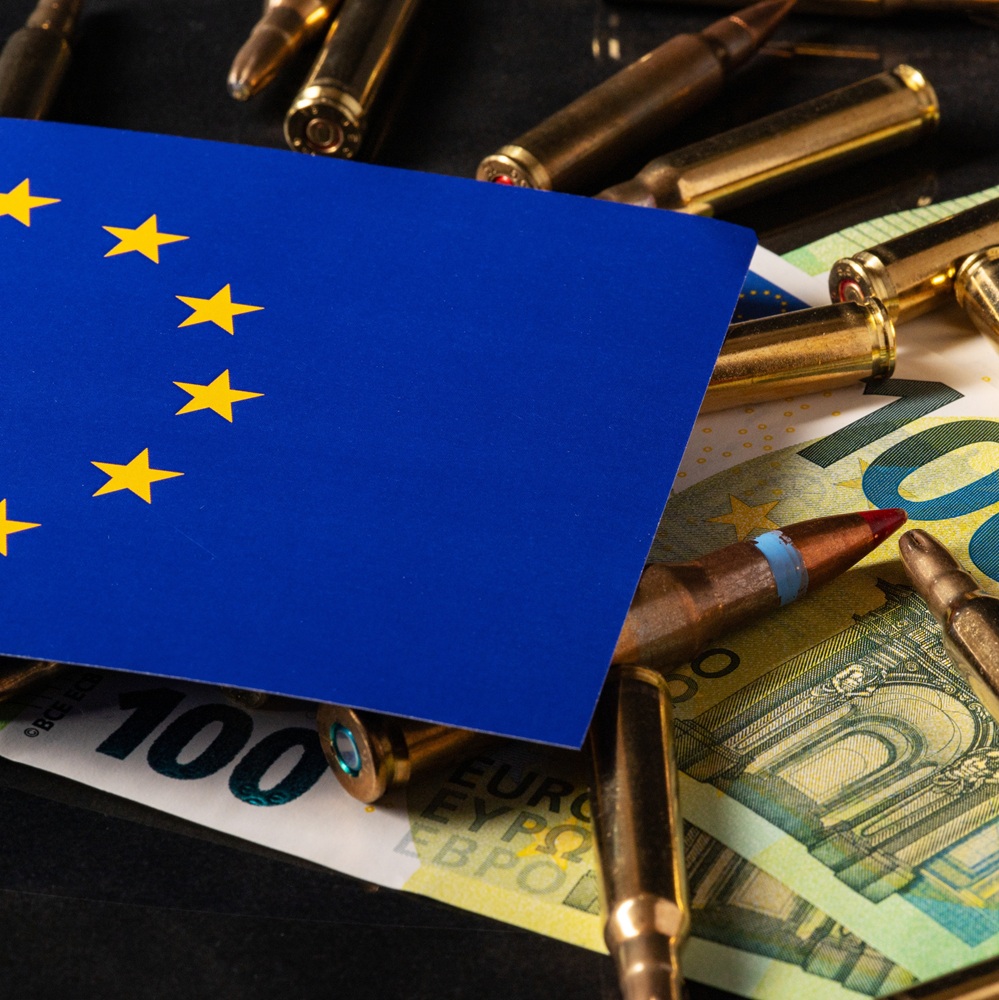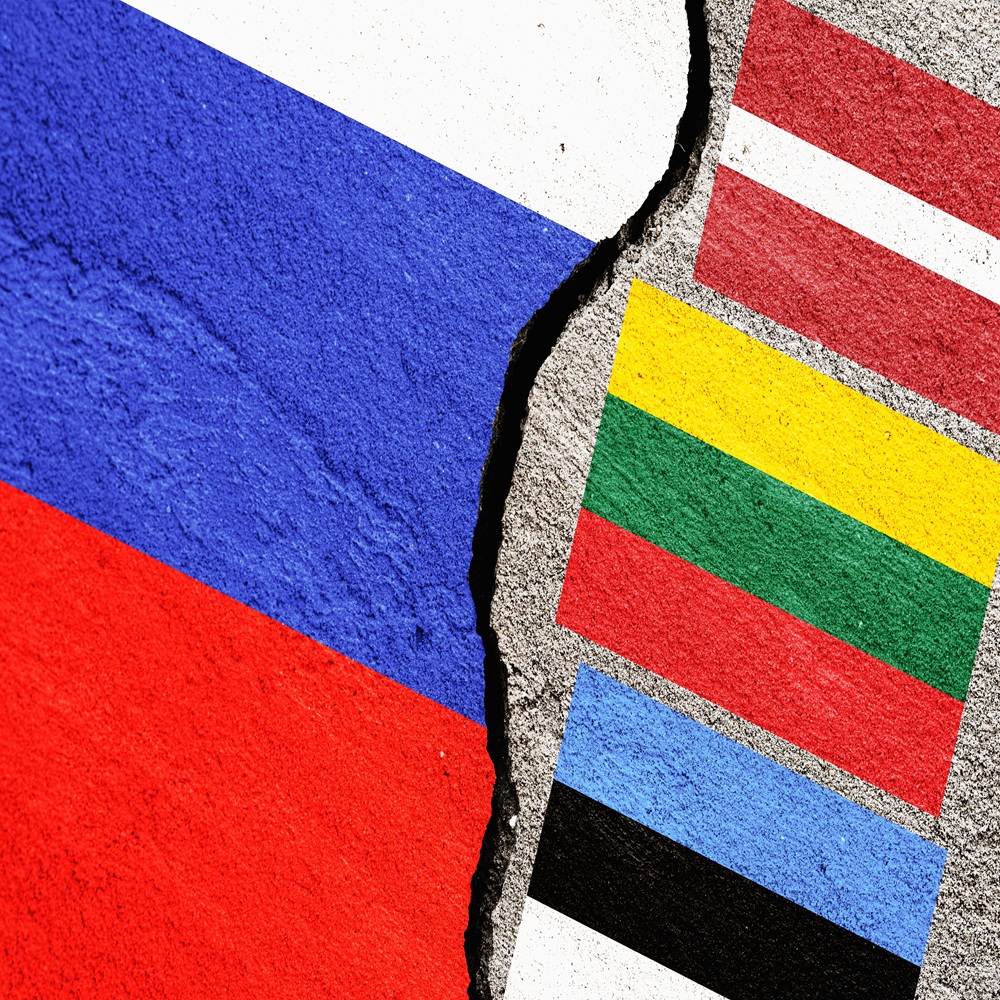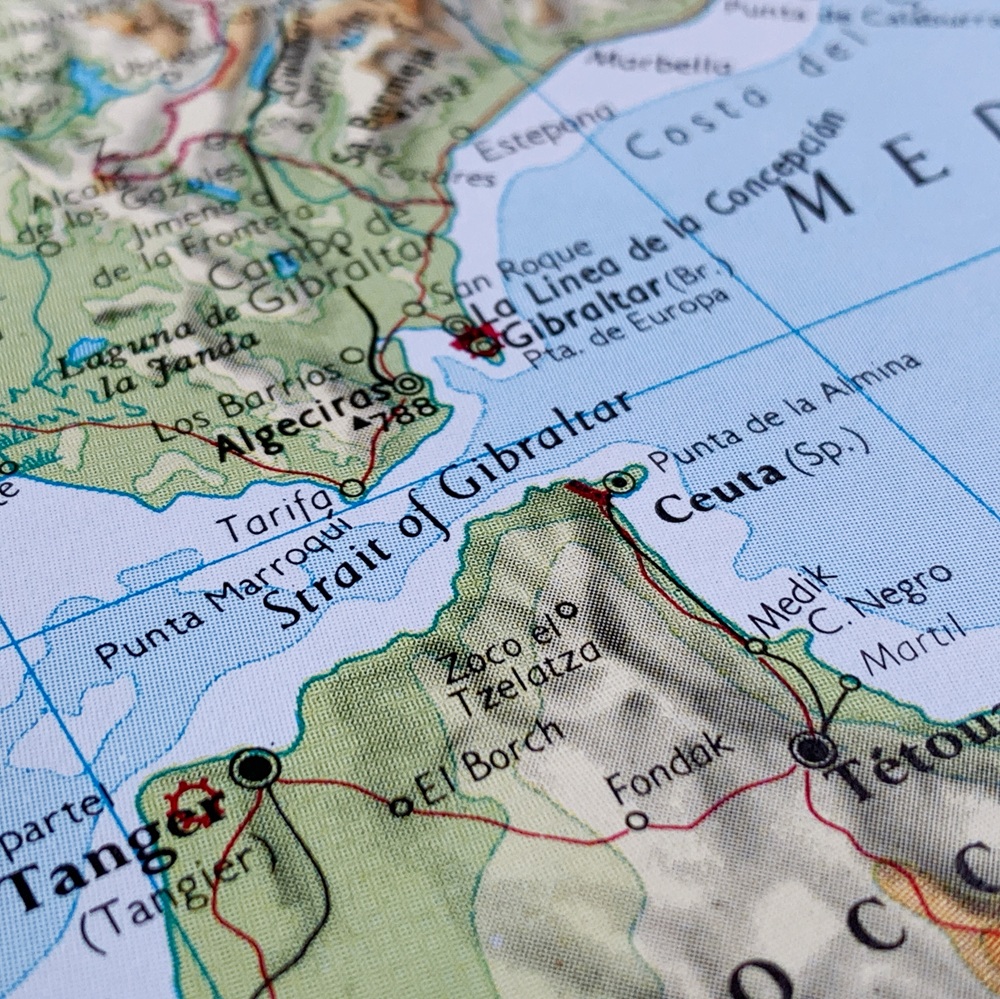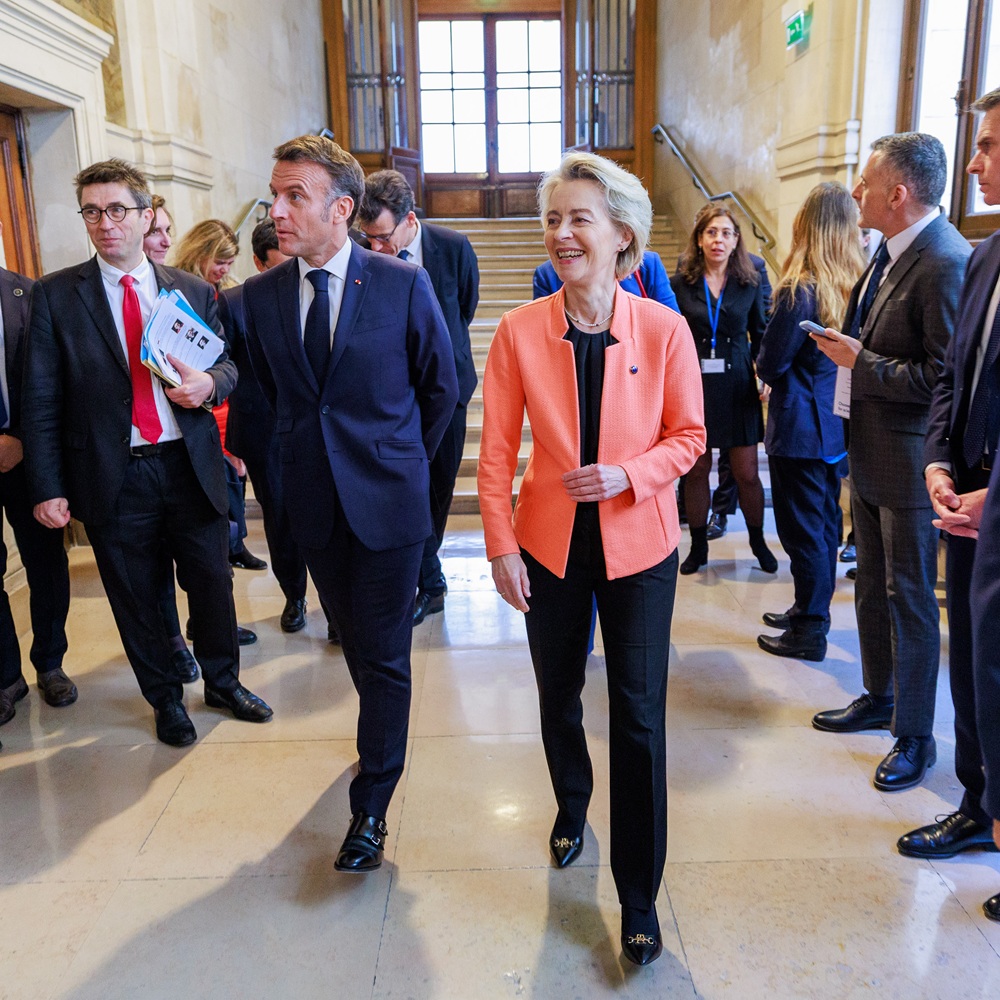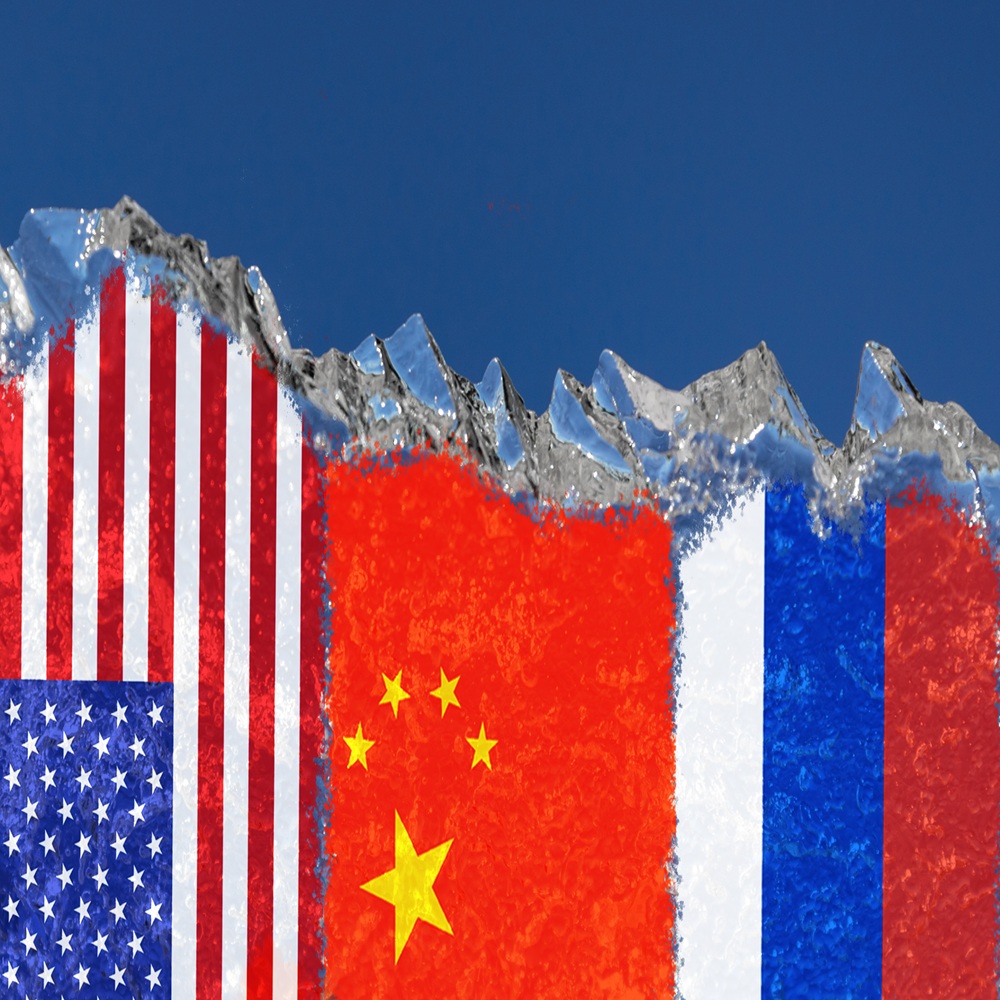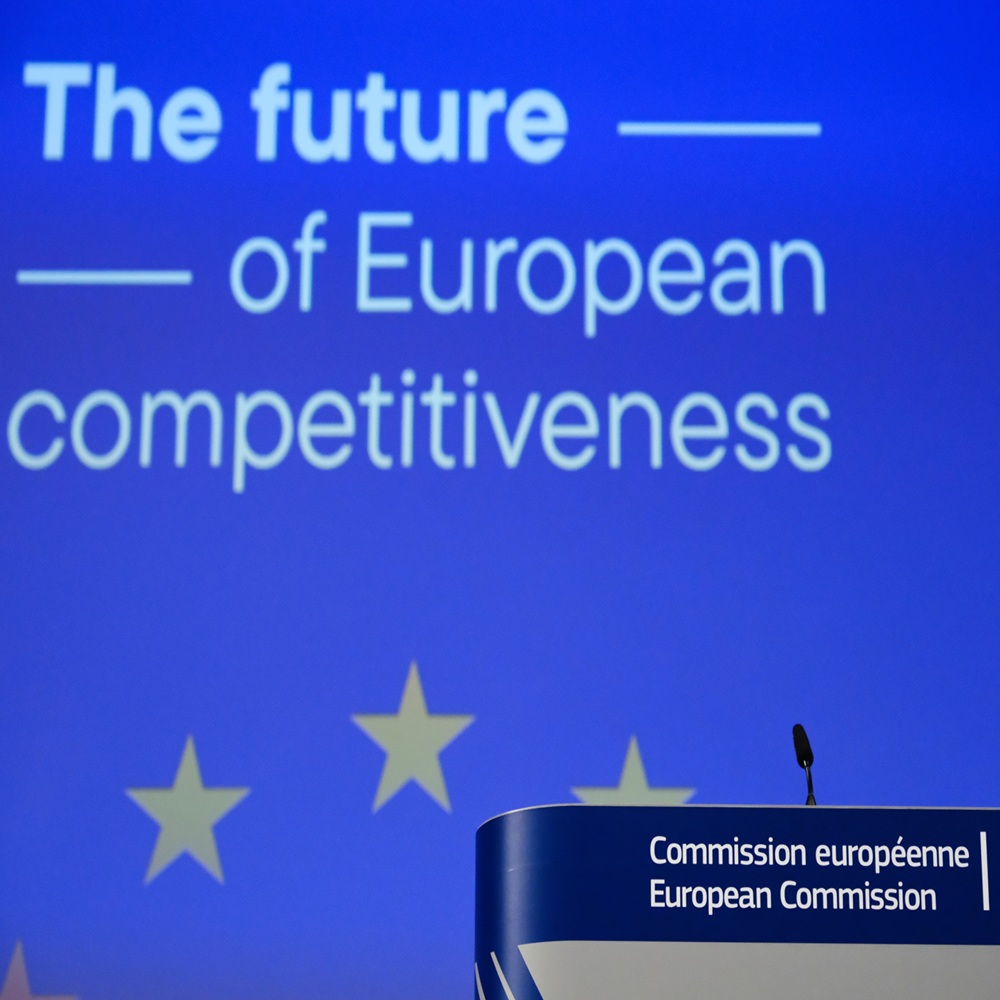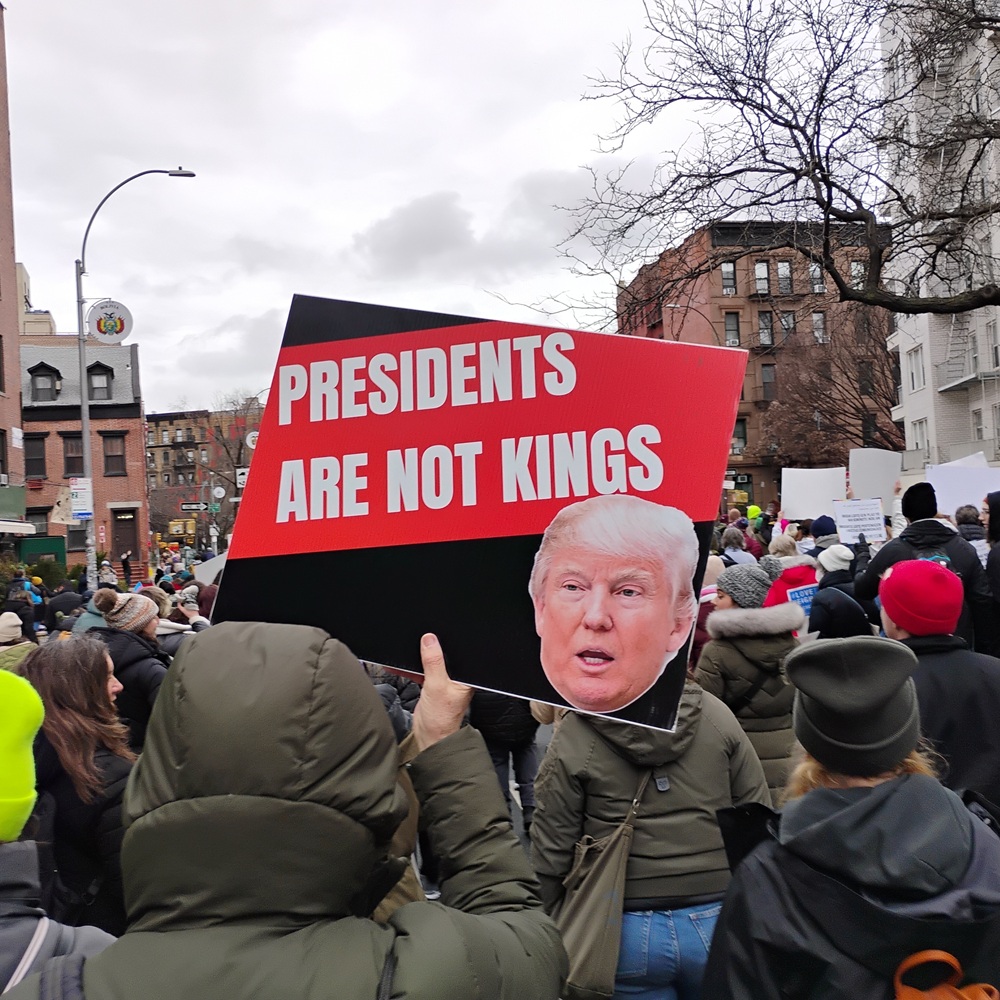The Success of Climate Change Performance Index in the Development of Environmental Investments: E-7 Countries
by Başak Özarslan Doğan
Abstract Climate change is considered to be one of the biggest problems acknowledged globally today. Therefore, the causes of climate change and solutions to this problem are frequently investigated. For this reason, the purpose of this study is to empirically examine whether the ‘Climate Change Performance Index’ (CCPI) is successful in increasing environmental investments for E-7 countries with the data for the period of 2008–2023. To achieve this aim, the Parks-Kmenta estimator was used as the econometric method in the study. The study findings provide strong evidence that increases in the climate change performance support environmental investments. High climate change performance directs governments and investors toward investing in this area; therefore, environmental investments tend to increase. The study also examined the effects of population growth, real GDP and inflation on environmental investments. Accordingly, it has been concluded that population growth and inflation negatively affect environmental investments, while GDP positively affects environmental investments. 1. Introduction There is a broad consensus that the main cause of climate change is human-based greenhouse gas emissions from non-renewable (i.e., fossil) fuels and improper land use. Accordingly, climate change may have serious negative consequences as well as significant macroeconomic outcomes. For example, an upward trend of temperatures, the rising sea levels, and extreme weather conditions can seriously disrupt the output and productivity (IMF, 2008a; Eyraud et al., 2013). Due to the global climate change, many countries today see environmental investments, especially renewable energy investments, as an important part of their growth strategies. Until recent years, the most important priority of many countries was an improvement in the economic growth figures. Still, the global climate change and the emergence of many related problems are now directing countries toward implementing policies which would be more sensitive to the environment and would ensure sustainable growth rather than just increase the growth figures. (Baştürk, 2024: 327). The orientation of various countries to these policies has led to an increase in environmental investments on a global scale. A relative rise of the share of environmental investments worldwide is not only a medium-term climate goal. It also brings many new concepts to the agenda, such as an increasing energy security, reduction of the negative impact of air pollution on health, and the possibility of finding new growth resources (Accenture, 2011; McKinsey, 2009; (OECD), 2011; PriceWaterhouseCoopers, 2008; Eyraud et al., 2013). Today, environmental investments have a significant share in energy and electricity production. According to the World Energy Outlook (2023), investments in environmentally friendly energies have increased by approximately 40% since 2020. The effort to reduce emissions is the key reason for this increase, but it is not the only reason. Economic reasons are also quite strong in preferring environmental energy technologies. For example, energy security is also fundamentally important in the increase in environmental investments. Especially in fuel-importing countries, industrial plans and the necessity to spread clean (i.e., renewable) energy jobs throughout the country are important factors (IEA WEO, 2023). In economic literature, environmental investments are generally represented by renewable energy investments. Accordingly, Figure 1 below presents global renewable energy electricity production for 2000–2020. According to the data obtained from IRENA (2024) and Figure 1, the total electricity production has increased by approximately 2.4% since 2011, with renewable energy sources contributing 6.1% to this rate, while non-renewable energy sources contributed 1.3%. In 2022 alone, renewable electricity grew by 7.2% compared to 2021. Solar and wind energy provided the largest growth in renewable electricity since 2010, which reached 11.7% of the global electricity mix in 2022. Figure 2 below presents renewable energy investments by technology between 2013 and 2022. As shown in Figure 2, photovoltaic solar. and terrestrial wind categories are dominating, accounting for 46% and 32% of the global renewable energy investment, respectively, during 2013–2022. Economic growth supported by environmental investments is impacted by the type and number of energy used to increase the national output. Thus, both the environmental friendliness of the energy used and the rise in energy efficiency is bound to reduce carbon emissions related to energy use and encourage economic growth (Hussain and Dogan, 2021). In this context, in order to minimize emissions and ensure sustainable economic growth, renewable energy sources should be used instead of fossil resources in energy use. Increasing environmental investments on a global scale, especially a boost in renewable energy investments, is seen as a more comprehensive solution to the current global growth-development and environmental degradation balance. In this context, as a result of the latest Conference of the Parties held in Paris, namely, COP21, it was envisaged to make an agreement covering the processes after 2020, which is accepted as the end year of the Kyoto Protocol. On December 12, 2015, the Paris Agreement was adopted unanimously by the countries that are parties to the UN Framework Convention on Climate Change (Kaya, 2020). As a result of the Paris Agreement and the reports delivered by the Intergovernmental Climate Change Panels, international efforts to adapt to the action to combat climate change and global warming have increased, and awareness has been raised in this area (Irfan et al., 2021; Feng et al., 2022; Anser et al., 2020; Zhang et al., 2021; Huang et al., 2021; Fang, 2023). The rise in the demand for low-carbon energy sources in economies has been caused by environmental investments such as renewable energy investments. The countries that are party to the Paris Agreement, commit to the way to achieve efficient energy systems through the spread of renewable energy technologies throughout the country (Bashir et al., 2021; Fang, 2023). This study empirically examines the impact of the climate change performance on increasing environmental investments for E-7 countries. The climate change performance is expressed by the ‘Climate Change Performance Index’ (CCPI) developed by the German environmental and developmental organization Germanwatch. The index evaluates the climate protection performance of 63 developed and developing countries and the EU annually, and compares the data. Within this framework, CCPI seeks to increase clarity in international climate policies and practices, and enables a comparison of the progress achieved by various countries in their climate protection struggle. CCPI evaluates the performance of each country in four main categories: GHG Emissions (40% overall ranking), Renewable Energy (20%), Energy Use (20%), and Climate Policy (20%). In calculating this index, each category of GHG emissions, renewable energy, and energy use is measured by using four indicators. These are the Current Level, the Past Trend, the Current Level Well Below 2°C Compliance, and the Countries’ Well Below 2°C Compliance with the 2030 Target. The climate policy category is evaluated annually with a comprehensive survey in two ways: as the National Climate Policy and the International Climate Policy (https://ccpi.org/methodology/). Figure 3 below shows the world map presenting the total results of the countries evaluated in CCPI 2025 and their overall performance, including the four main categories outlined above. As it can be seen from Figure 3, no country appears strong enough to receive a ‘very high’ score across all categories. Moreover, although Denmark continues to be the highest-ranking country in the index, but it still does not perform well enough to receive a ‘very high’ score overall. On the other hand, India, Germany, the EU, and the G20 countries/regions will be among the highest-performing countries/regions in the 2024 index. When we look at Canada, South Korea, and Saudi Arabia, they are the worst-performing countries in the G20. On the other hand, it can be said that Türkiye, Poland, the USA, and Japan are the worst-performing countries in the overall ranking. The climate change performance index is an important criterion because it indicates whether the change and progress in combating climate change is occurring across all countries at an important level. The index is important in answering various questions for countries under discussion. These questions are expressed below: • In which stage are the countries in the categories in which the index is calculated?• What policies should countries follow after seeing the stages in which they are in each category? • Which countries are setting an example by truly combating climate change? These questions also constitute the motivation for this study. The sample group for the study was selected as E-7 countries, which are called the Emerging Economies; this list consists of Türkiye, China, India, Russia, Brazil, Mexico, and Indonesia. The reason for selecting these particular countries is that they are undergoing a rapid development and transformation process, and are also believed to be influential in the future with their increasing share in the world trade volume, huge populations, and advances in technology. Besides that, when the relevant literature has been examined, studies that empirically address the relative ranking of the climate change performance appear to be quite limited. In particular, there are almost no studies evaluating the climate change performance index for the sample group considered. Therefore, it is thought that this study will be of great importance in filling this gap in the literature. The following section of the study, which aims to empirically examine whether the climate change performance is effective in developing environmental investments in E-7 countries, includes national and international selected literature review on the subject. Then, the model of the study and the variables chosen in this model are introduced. Then, the findings obtained in the study are shared, and the study ends with discussion and policy proposal. 2. Literature Review 2.1. Studies on environmental investment The excessive use of fossil-based energy sources, considered non-renewable and dirty energy, along with industrialization, constitutes a large part of carbon emissions and is regarded as the main reason of climate change. Thus, countries have turned to renewable energy investments with the objective to minimize the reaction of climate change and global warming, by introducing technologies which are considered more environmentally friendly and cleaner. Global energy investments are estimated to exceed 3 trillion US dollars by the end of 2024, and 2 trillion US dollars of this amount will go to clean and environmentally friendly energy base technologies and infrastructure. Investment in environmentally friendly energy has been gaining speed since 2020, and the total expense on renewable energy, networks, and storage now represents a higher figure than the total spending on oil, gas, and coal (IEA, 2024). When the energy economics literature is examined, since environmental investments are mostly represented by renewable energy investments, renewable energy investments studies and studies in related fields shall be discussed in this study section. One of the important studies in this field is the work of Eyraud et al. (2013). In the study, the authors analyzed the determinants of environmental and green (clean) investments for 35 developed and developing countries. Accordingly, they stated in the study that environmental investment has become the main driving force of the energy sector, and China has generally driven its rapid growth in recent years. In addition, in terms of the econometric results of the study, it has been found that environmental investments are supported by economic growth, a solid financial system suitable for lower interest rates, and higher fuel prices. Fang (2023) examined the relationship between investments in the renewable energy sector, the economic complexity index, green technological innovation, industrial structure growth, and carbon emissions in 32 provinces in China for the period of 2005–2019 by using the GMM method. Based on the study results, the economic complexity index causes an increase in China’s carbon dioxide levels. On the contrary, all of the following – the square of the economic complexity index, investments in clean energy, green technical innovation, and the industrial structure – were found to help decrease carbon dioxide emissions. Another important study in this field is the work of Masini and Menichetti (2013). The authors examined the non-financial sources of renewable energy investments in their study. Accordingly, the study results show that knowledge and confidence in technological competence positively impact renewable energy investments. In addition, trust in policy measures only impacts PV (Photovoltaic) and hydropower investments, whereas institutional pressure negatively impacts renewable energy investments. Finally, the study stated that experienced investors are more likely to fund innovations in renewable energy. One of the important studies on renewable energy investments is the work of Ozorhon et al. (2018). To support and facilitate the decision-making process in renewable energy investments, the authors determined the main criteria affecting investors’ decisions by reviewing the literature and examining sector-level practices. According to the findings, economic criteria, like policies and regulations, funds availability, and investment costs were the most important factors in the decision-making process for renewable energy investments. Xu et al. (2024) examined the relationship between the renewable energy investments and the renewable energy development with a threshold value analysis for China. According to the results, impact of the clean (renewable) energy investment on renewable energy development has a significant threshold value, and the general relation between them is a ‘V’ type non-linear relation. At this point, the study suggests that the state should keep spending in the segment of investments in clean energy, increase the financial proficiency, and ensure an efficient financial infrastructure for clean energy in China. 2.2. Studies on Climate Change and their Impact on Economic Variables The widespread use of fossil-based energy sources, considered dirty energy, continues to create a negative externality in carbon emissions despite the globally implemented policies like the Kyoto Protocol and the Paris Agreement (Rezai et al., 2021). The economic literature on climate change focuses particularly on the adverse effect of climate change on the economy. One of the important studies in this field is the study of Fan et al. (2019). In their study, the authors focused on the impact of climate change on the energy sector for 30 provinces in China and conducted their research with the help of a fixed-effect regression feedback model. As a result of the study, it was found that hot and low-temperature days positively affected the electricity demand. On the other hand, Singh et al. (2022) examined the effects of climate change on agricultural sustainability in India with data from 1990–2017. On the grounds of the study, it was found that India’s agricultural sector was negatively impacted by the climate change. In this regard, it is stated that India needs to take powerful climate policy action so that to reduce the adverse effect of the climate change and increase its sustainable agricultural development. One of the important studies in this field is the study of Gallego-Alvarez et al. (2013). This study investigated how the climate change affects the financial performance with a sample of 855 international companies operating in sectors with high greenhouse gas/ CO2 emissions from 2006–2009. The results reveal that the relationship between the environmental and financial performance is higher in times of economic crisis triggered by climate crisis. In other words, these results show that companies should continue investing in sustainable projects in order to achieve higher profits. Kahn et al. (2021) examined the long-term macroeconomic impact of the climate change by using a panel data set consisting of 174 countries between 1960 and 2014. According to the findings, the amount of output per capita is negatively affected by temperature changes, but no statistically significant effect is observed for changes in precipitation. In addition, according to the study’s results, the main effects of temperature shocks also vary across income groups. Alagidede et al. (2015) examined the effect of climate change on sustainable economic growth in the Sub-Saharan Africa region in their study. The study stated that the relationship between the real GDP and the climate change is not linear. In addition, Milliner and Dietz (2011) investigated the long-term economic consequences of the climate change. Accordingly, as the economy develops over time, and as progress is achieved, this situation will automatically be less affected by the adverse impact of the climate change. Structural changes made with economic development will make sectors more sensitive to the climate change, such as the agricultural sector, which would become stronger and less dependent. Dell et al. (2008) examined the effect of climate change on economic activity. The study’s main results are as follows: an increase of temperatures significantly decreases economic growth in low-income countries. Furthermore, increasing temperature does not affect economic growth in high-income countries. On the other hand, when examining the effects of climate change on the economy, the study of Zhou et al. (2023) is also fundamentally important. Zhou et al. (2023) examined the literature on the effects of climate change risks on the financial sector. In the studies examined, it is generally understood that natural disasters and climate change reduce bank stability, credit supply, stock and bond market returns, and foreign direct investment inflows. In their study for Sri Lanka, Abeysekara et al. (2023) created a study using the general equilibrium model ORANI-G-SL with the objective to investigate the economic impacts of the climate change on agricultural production. The study findings suggest that reductions in the production of many agricultural products will lead to increases in consumer prices for these agricultural commodities, resulting in a decrease in the overall household consumption. The projected decrease in crop production and increases in food prices will increase the potential for food insecurity Another important document in this field is the study by Caruso et al. (2024) examining the relationship between the climate change and human capital. The study findings reveal a two-way result regarding the effects of the climate change damages and the effects of climate change mitigation and adaptation on the human capital. Accordingly, the climate change has direct effects on health, nutrition and welfare, while changes in markets and damage to the infrastructure are expressed as indirect effects. In addition to these studies, the uncertainty of the climate change policies also exerts an impact on economic factors. Studies conducted in this context in recent years have also enriched the literature on the climate change. For example, Çelik and Özarslan Doğan (2024) examined the effects of uncertainty of the climate change policies on economic growth for the USA by using the ARDL bounds test. Their results confirmed the existence of a positive and statistically significant relationship between the climate policy uncertainty and economic growth in the USA. 3. Model Specification This study empirically examines whether the climate change performance index successfully develops environmental investments in E-7 countries. For further details related to the mathematical model check https://doi.org/10.15388/Ekon.2025.104.2.6 4. Conclusion and Policy Implications Today, many national and international initiatives are within the scope of combating global warming and climate change. In addition, many developed and developing countries are differentiating their growth and development policies with the objective to prevent these disasters. Although they vary from country to country, as well as from region to region, these policies mostly represent those policies which reduce carbon emissions and ensure energy efficiency. At this point, the key factor is renewable energy investments, which represent environmentally friendly investments. However, according to Abban and Hasan (2021), the amount of environmentally friendly investments is not the same in every country. This is because the determinants of environmentally friendly investments vary from country to country. While financial and economic factors are more encouraging in increasing these investments in some countries, international sanctions are the driving force in this regard in some other countries as well. This study aims to empirically examine whether CCPI is effective in the success of environmental investments in the E-7 countries in the period of 2008–2023 with the help of the Parks-Kmenta estimator. In this direction, the study’s dependent variable is environmental investments, represented by renewable energy investments. On the other hand, the climate change performance is represented by the ‘Climate Change Performance Index’ calculated by Germanwatch, which constitutes the main independent variable of the study. Other control variables considered in the study are the population growth, the real GDP per capita, and inflation. The study findings provide strong evidence that increases in the climate change performance support environmental investments. High-rate climate change performance drives governments and investors toward investing in this area; thus, environmental investments tend to increase. These results are consistent with the study results of Raza et al. (2021). As a result of their study, Raza et al. (2021) stated that the climate change performance is an important channel for the general environmental change, and that renewable energy has a very important role in this regard. In addition, the study concludes that population growth and inflation negatively affect environmental investments. These results are consistent with Suhrab et al. (2023), but not with Yang et al. (2016). While Suhrab et al. (2023) obtained results regarding the negative effects of inflation on green investments, Yang et al. (2016) focused on the positive effect of population on renewable energy. Finally, the effect of the real GDP per capita on environmental investments has been found to be positive. These results are also consistent with Tudor and Sova (2021). The authors found that Real GDP encourages green investments. This study offers policymakers a number of policy recommendations. These are presented below. • One of the important factors affecting the climate change performance is the raising of awareness of the populations in these countries at this point, and providing them with the knowledge to demand clean energy. In this way, consumers, would demand environmental energy, and investors would invest more in this area. This is of great importance in increasing environmental investments. • The climate change performance also shows how transparent the energy policies implemented by countries are. Therefore, the more achievable and explanatory are the goals of policy makers in this regard, the more climate change performance will increase, which will strengthen environmental investments. • Moreover, the initial installation costs are the most important obstacles on the way toward developing environmental investments. At this point, the country needs to develop support mechanisms that would encourage investors to invest more. • Environmental investments, similar to other types of physical investments, are greatly affected by the country’s macroeconomic indicators. At this point, a stable and foresighted economic policy will encourage an increase in such investments. The countries in the sample group represent developing countries. Therefore, in many countries in this category, the savings rates within the country are insufficient to make investments. At this point, the financial system that will bring together those who supply funds and those who demand funds in the country; this system needs to be developed further. In addition, more extensive use of new and various financial instruments should be encouraged with the objective to collect the capital required for environmental investments. References Abban, A. R., & Hasan, M. Z. (2021). Revisiting the determinants of renewable energy investment-New evidence from political and government ideology. Energy Policy, 151, 112184. https://doi.org/10.1016/j. enpol.2021.112184 (missing in the following “Access date:dd.mm.20yy”) Abeysekara, W. C. S. M., Siriwardana, M., & Meng, S. (2023). Economic consequences of climate change impacts on the agricultural sector of South Asia: A case study of Sri Lanka. Economic Analysis and Policy, 77, 435-450. https://doi.org/10.1016/j.eap.2022.12.003 (missing in the following “Access date:dd.mm.20yy”) Accenture, 2011, New Waves of Growth: Unlocking Opportunity in the Multi-Polar World, Worldwide, Oxford. McKinsey & Company, 2009. Pathways to a Low-Carbon Economy, New York. Anser, M. K., Iqbal, W., Ahmad, U. S., Fatima, A., & Chaudhry, I. S. (2020). Environmental efficiency and the role of energy innovation in emissions reduction. Environmental Science and Pollution Research, 27, 29451-29463. https://doi.org/10.1007/s11356-020-09129-w (missing in the following “Access date:dd. mm.20yy”) etc .... Bashir, M. F., Ma, B., Bashir, M. A., Radulescu, M., & Shahzad, U. (2022). Investigating the role of environmental taxes and regulations for renewable energy consumption: evidence from developed economies. Economic Research-Ekonomska Istraživanja, 35(1), 1262-1284. https://doi.org/10.1080/1331677X.2021.1962383Baştürk, M. F. (2024) Yeşil Tahviller ve Yenilenebilir Enerji Üretimi İlişkisi: AB Örneği. Verimlilik Dergisi, 58(3), 325-336. https://doi.org/10.51551/verimlilik.1443364 Caruso, G., de Marcos, I., & Noy, I. (2024). Climate changes affect human capital. Economics of Disasters and Climate Change, 8(1), 157-196. https://doi.org/10.1007/s41885-023-00140-2 Climate Change Performance Index, 2024. (https://ccpi.org/wp-content/uploads/CCPI-2024-Results.pdf) Çelik, B. S., & Doğan, B. Ö. (2024). Does Uncertainty in Climate Policy Affect Economic growth? Empirical Evidence from the US. Ekonomika, 103(1), 44-55. https://doi.org/10.15388/Ekon.2024.103.1.3 Dell M, Jones BF, Olken BA (2008) Climate change and economic growth: evidence from the last half century, NBER Working Paper Series, No. 14132 Eyraud, L., Clements, B., & Wane, A. (2013). Green investment: Trends and determinants. Energy policy, 60, 852-865. https://doi.org/10.1016/j.enpol.2013.04.039 Fan, J. L., Hu, J. W., & Zhang, X. (2019). Impacts of climate change on electricity demand in China: An empirical estimation based on panel data. Energy, 170, 880-888. https://doi.org/10.1016/j.energy.2018.12.044 Fang, Z. (2023). Assessing the impact of renewable energy investment, green technology innovation, and industrialization on sustainable development: A case study of China. Renewable Energy, 205, 772-782. https://doi.org/10.1016/j.renene.2023.01.014 Feng, H., Liu, Z., Wu, J., Iqbal, W., Ahmad, W., & Marie, M. (2022). Nexus between government spending’s and green economic performance: role of green finance and structure effect. Environmental Technology & Innovation, 27, 102461. https://doi.org/10.1016/j.eti.2022.102461 Gallego‐Álvarez, I., García‐Sánchez, I. M., & da Silva Vieira, C. (2014). Climate change and financial performance in times of crisis. Business Strategy and the Environment, 23(6), 361-374. https://doi.org/10.1002/ bse.1786 Germanwatch, 2024 (https://www.germanwatch.org/en/indices?pk_campaign=20733850518&pk_content=155627208696&pk_kwd=climate%20change&pk_source=g&pk_cid=679389546151&mtm_placement=&gad_source=1&gclid=Cj0KCQjwwuG1BhCnARIsAFWBUC2ChKtgVoXt2XG7BKUJ_FRK90m86VeI6oRnpIDCPSnDTpZthsvvaQcaAnmjEALw_wcB) Access date:11.08.2024). Huang, H., Chau, K. Y., Iqbal, W., & Fatima, A. (2022). Assessing the role of financing in sustainable business environment. Environmental Science and Pollution Research, 1-18. https://doi.org/10.1007/s11356-021- 16118-0 IEA, 2024 (https://www.iea.org/reports/world-energy-investment-2024/overview-and-key-findings) . International Energy Agency (IEA, 2023, World Energy Outlook 2023, Paris.https://www.iea.org/reports/ world-energy-outlook-2023/overview-and-key-findings International Monetary Fund, 2008a, Climate Change and the Global Economy, World Economic Outlook, Washington. IRENA (2015), Renewable capacity statistics 2015, International Renewable Energy Agency, Abu Dhabi. IRENA (2024), Renewable capacity statistics 2024, International Renewable Energy Agency, Abu Dhabi. IRENA (2024). https://www.irena.org/-/media/Files/IRENA/Agency/Publication/2024/Jul/Renewable_energy_highlights_FINAL_July_2024.pdf?rev=469292ef67144702b515ecb20575ec7d Irfan, M., Zhao, Z. Y., Li, H., & Rehman, A. (2020). The influence of consumers’ intention factors on willingness to pay for renewable energy: a structural equation modeling approach. Environmental Science and Pollution Research, 27, 21747-21761. https://doi.org/10.1007/s11356-020-08592-9 Kaya, H. E. (2020). Kyoto’dan Paris’e Küresel İklim Politikaları. Meriç Uluslararası Sosyal ve Stratejik Araştırmalar Dergisi, 4(10), 165-191. Kahn, M. E., Mohaddes, K., Ng, R. N., Pesaran, M. H., Raissi, M., & Yang, J. C. (2021). Long-term macroeconomic effects of climate change: A cross-country analysis. Energy Economics, 104, 105624. https:// doi.org/10.1016/j.eneco.2021.105624 Karaçor, Z., Özer, H., Saraç, T.B. (2011). Enflasyon ve ekonomik büyüme ilişkisi: Türkiye ekonomisi üzerine ekonometrik bir uygulama (1988-2007). Niğde Üniversitesi İktisadi ve İdari Bilimler Fakültesi Dergisi, 4(2), 29-44.Masini, A., & Menichetti, E. (2013). Investment decisions in the renewable energy sector: An analysis of non-financial drivers. Technological Forecasting and Social Change, 80(3), 510-524. https://doi.org/10.1016/j. techfore.2012.08.003 Milliner A, Dietz S (2011) Adaptation to climate change and economic growth in developing countries, Centre for Climate Change Economics and Policy, Working Paper, No. 69 Organization of Economic Cooperation and Development (OECD), 2011. Towards Green Growth, Paris. Ozorhon, B., Batmaz, A., & Caglayan, S. (2018). Generating a framework to facilitate decision making in renewable energy investments. Renewable and Sustainable Energy Reviews, 95, 217-226. https://doi. org/10.1016/j.rser.2018.07.035 PriceWaterhouseCoopers, 2008. Going Green: Sustainable Growth Strategies, New York. Raza, A., Sui, H., Jermsittiparsert, K., Żukiewicz-Sobczak, W., & Sobczak, P. (2021). Trade liberalization and environmental performance index: Mediation role of climate change performance and greenfield investment. Sustainability, 13(17), 9734. https://doi.org/10.3390/su13179734 Rezai, A., Foley, D. K., & Taylor, L. (2012). Global warming and economic externalities. Economic theory, 49, 329-351. https://doi.org/10.1007/s00199-010-0592-4 Shrimali, G., & Kniefel, J. (2011). Are government policies effective in promoting deployment of renewable electricity resources?. Energy Policy, 39(9), 4726-4741. https://doi.org/10.1016/j.enpol.2011.06.055 Singh, A. K., Kumar, S., & Jyoti, B. (2022). Influence of climate change on agricultural sustainability in India: A state-wise panel data analysis. Asian Journal of Agriculture, 6(1). https://doi.org/10.13057/asianjagric/ g060103 Suhrab, M., Ullah, A., Pinglu, C. et al. Boosting green energy: impact of financial development, foreign direct investment, and inflation on sustainable energy productivity in China–Pakistan economic corridor (CPEC) countries. Environ Dev Sustain (2023). https://doi.org/10.1007/s10668-023-04093-0 Tudor, C., & Sova, R. (2021). On the impact of gdp per capita, carbon intensity and innovation for renewable energy consumption: worldwide evidence. Energies, 14(19), 6254. https://doi.org/10.3390/en14196254 Yang, J., Zhang, W., & Zhang, Z. (2016). Impacts of urbanization on renewable energy consumption in China. Journal of Cleaner Production, 114, 443-451. https://doi.org/10.1016/j.jclepro.2015.07.158 Xu, G., Yang, M., Li, S., Jiang, M., & Rehman, H. (2024). Evaluating the effect of renewable energy investment on renewable energy development in China with panel threshold model. Energy Policy, 187, 114029. https://doi.org/10.1016/j.enpol.2024.114029 Zhang, Y., Abbas, M., Koura, Y. H., Su, Y., & Iqbal, W. (2021). The impact trilemma of energy prices, taxation, and population on industrial and residential greenhouse gas emissions in Europe. Environmental Science and Pollution Research, 28, 6913-6928. https://doi.org/10.1007/s11356-020-10618-1 Zhou, F., Endendijk, T., & Botzen, W. W. (2023). A review of the financial sector impacts of risks associated with climate change. Annual Review of Resource Economics, 15(1), 233-256. https://doi.org/10.1146/ annurev-resource-101822-105702 This is an Open Access article distributed under the terms of the Creative Commons Attribution License (CC BY 4.0), which permits unrestricted use, distribution, and reproduction in any medium, provided the original author and source are credited.Contents lists available at Vilnius University Press
